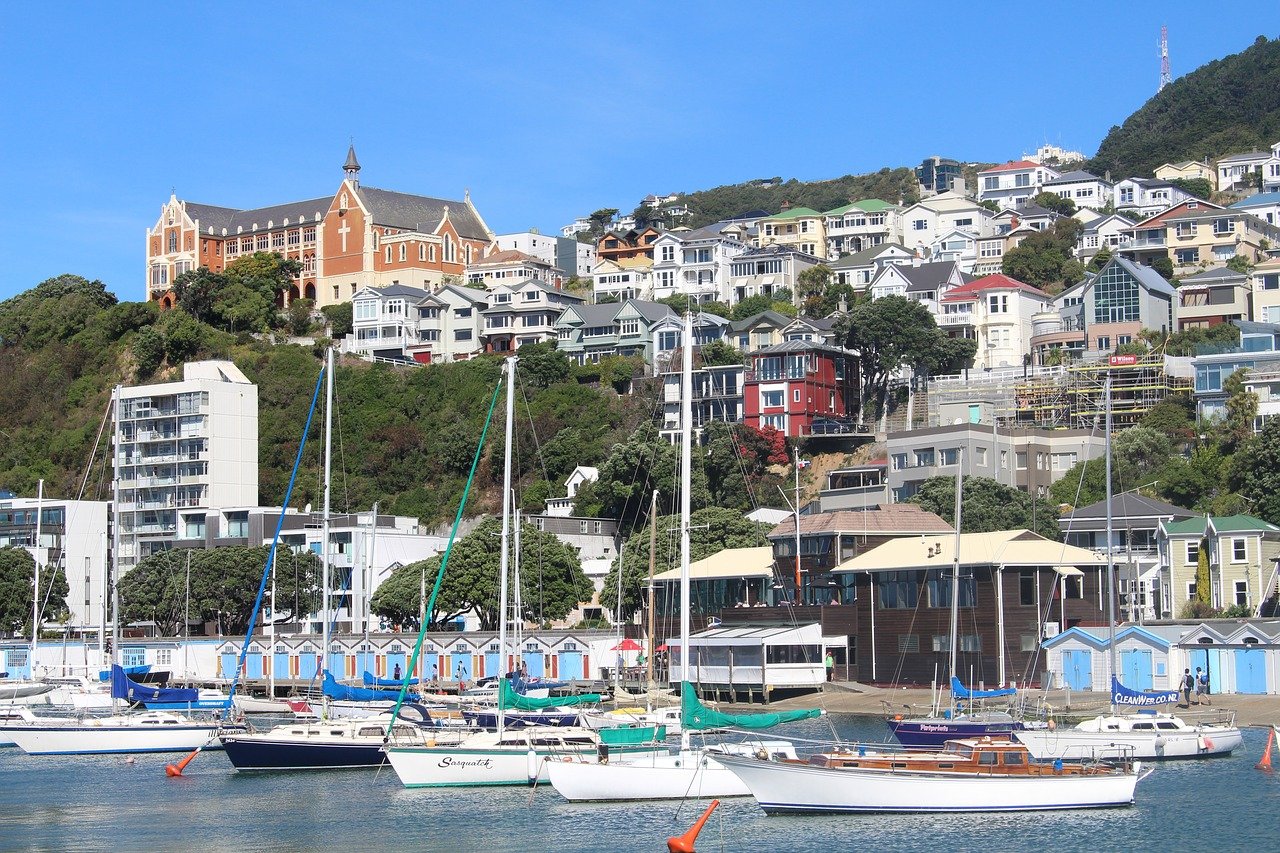Aotearoa New Zealand has long-standing human rights challenges, and discrimination against certain groups of people is a big part of the problem.
HRMI has a new paper out, commissioned by the New Zealand Human Rights Commission, which helps to identify where resources are most urgently needed in housing and health care in Aotearoa.
Successive New Zealand governments have failed to keep human rights promises for the right to adequate housing and the right to health care and protection.
For housing, more people are becoming homeless in New Zealand, and the number of people living in cold, damp and mouldy homes is growing. Housing is becoming more and more unaffordable.
When it comes to the right to health, our report finds that physical and oral health care systems are not keeping up with the needs of Aotearoa’s children and adults. Rheumatic fever continues to be a big problem, as too is the high suicide rate. Relative poverty rates have not improved, and many people have poor nutrition because of food being so unaffordable — more and more people are having to give up daily meals.
Our research shows evidence of direct or indirect discrimination in the rights to housing and health care in Aotearoa. Those least likely to enjoy good housing and health outcomes include Māori, Pacific Peoples, disabled people and people from more deprived areas.
The government needs to take urgent action to improve its policies so all New Zealanders can enjoy the rights to housing and health care. Aotearoa needs government policies that help prevent homelessness and help provide affordable, warm and dry homes. Aotearoa also needs government policies to help eliminate child poverty, address our high suicide rates and ensure our health services can meet everyone’s needs.
**
For the full version of the report, visit HRMI website.
For the PDF version of the report, click here.



